The Aviator, a 2004 movie by Martin Scorsese, is about Howard Hughes, the aviator, inventor, and eccentric billionaire. As well, this biopic is about more: it’s about the cutthroat airline business, politicians, and bribes. Additionally, the film looks, too, at the 1947 sensational Brewster Senate hearings, which were designed to destroy Howard Hughes’ name. Lastly, this biography of Howard Hughes looks, too, at his life long battle with mental illness.
To start this film off, Howard Hughes was first and foremost an inventor and an aviator. During his life, he created planes for World War 2 like the Hercules. As well, he invented an Air Corp. spy plane, the XF-11, a prototype military reconnaissance aircraft. Howard, too, developed a monoplane in his early days. Not least, he even created a women’s bra. All that being said, he was rich; therefore, he could afford to pursue flying and building planes.
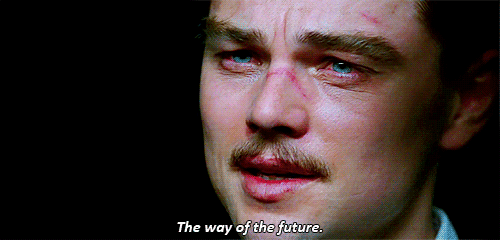
The Aviator also gets into the cutthroat business practices of Howard Hughes. For example, Howard Hughes pays off a tabloid magazine, owned by Roland Sweet (Howard bought off Roland with 10000 shares in his airline), to not publish lewd pictures of his girlfriend, the starlet Katherine Hepburn, which could lead to bad publicity for Trans World Airlines aka TWA. Also we learn from this film that Juan Trippe, an ivy league competitor of Howard’s and owner of Pan Am Airlines, had his lawyers draft the Congress Civic Aeronautics Bill (CAB) to give his airline a monopoly. On top of this all, the film looks at Howard’s competition with Jack Warner, movie studio mogul, and Louie B. Mayer, the film producer and co-founder of Metro-Goldwyn-Mayer studios. These are just a few of the cutthroat business practices Howard Hughes was involved in, which was exposed by The Aviator.
We learn, too, in this film, that Howard Hughes was not above bribery. Often, in this movie, Howard Hughes and Jack Frye (Hughes’ aviation partner), would bribed US senators. Not only that, these guys bribed French and British ambassadors in regards to getting tax breaks to establish an international airline. On top of that, Jack Frye was behind bribes to US senators to defeat Juan Tripp’s airline bill on the floor of the Senate. Toward the middle of this movie, we see John Meyer, Howard Hughes’ long-time press agent, get into the action of bribing representatives of the US air force for $170000 (which included hotel suites, TWA stock, and prostitutes). All in all, we learn Howard Hughes was not above bribes aka political donations when it came to establishing his businesses.
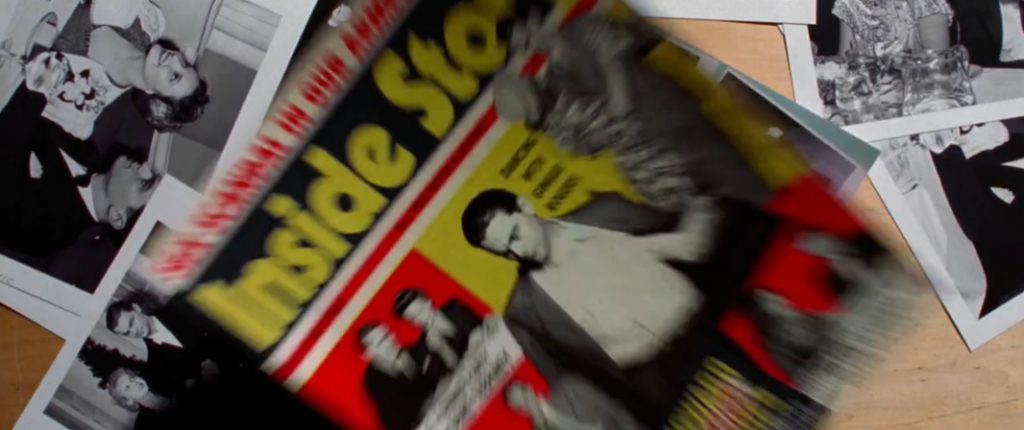
One thing this film does focus on is the Brewster Senate hearings. In these hearings, Senator Brewster would subpoena Howard Hughes to drag his name through the mud in the media. Brewster would publicly accuse Howard Hughes of larceny, failed military contracts, and making a dirty movie during WW2. Eventually, though, Howard Hughes would be cleared at the Senate hearings and he would return to aviation.
It should be said that the Brewster congressional hearings over-stepped their role by investigating Howard Hughes. In the constitution, there us no mention of congressional oversight, which comes off like a secretive grand jury. All the constitution says is congress can look around when shaping possible legislation (issuing subpoenas and requesting documents). The constitution says nowhere that congress can publicly shame, embarrass, or harass a person. The Brewster congressional hearings had no constitutional basis and their real purpose was to shame Howard Hughes and give Senator Brewster a political advantage in congress.
Another thing about The Aviator: this movie and story took place in a time of unprecedented growth of federal power of Congress. In trying to take advantage of the New Deal, Juan Trippe’s and Senator Brewster’s CAB Bill, an instrument drawn up by a team of lawyers to gain a business edge, was being considered on the floor of Congress. In a time of much fighting to expand federal power, Howard Hughes, the private businessman, kept Juan Trippe from passing his CAB legislation and getting in on unlimited federal power; that being said, it’s a good thing the CAB Bill never passed, because Juan Trippe would be able to regulate or ban anyone or anything in the airline industry in a time when Congress’s power was a blank check under the Commerce Clause and the Nessessary and Proper Clause.
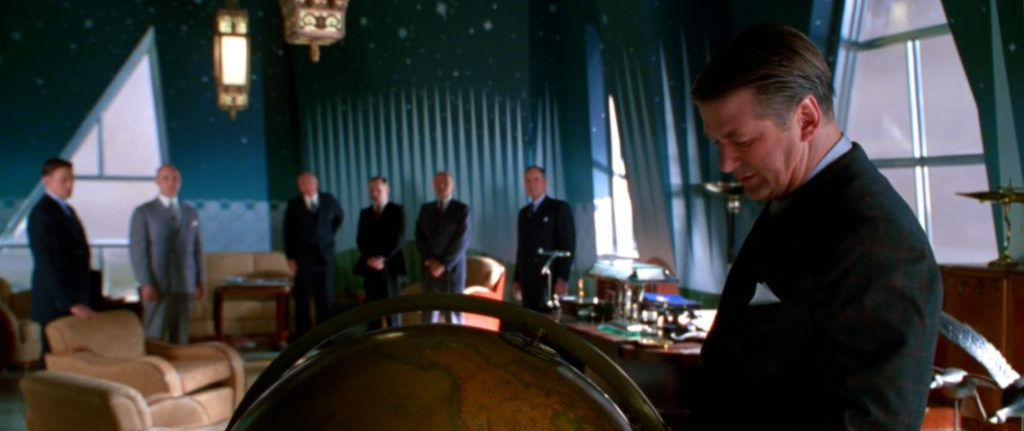
The movie, too, looks at spying. The film shows Howard Hughes hiring private investigators to follow Senator Brewster. On the other hand, Senator Brewster did the same thing as Howard and would investigate Howard, in hopes of finding dirt to embarrass him as a war profiteer to destroy his reputation. This motion picture exposed the world of spying around Howard Hughes.
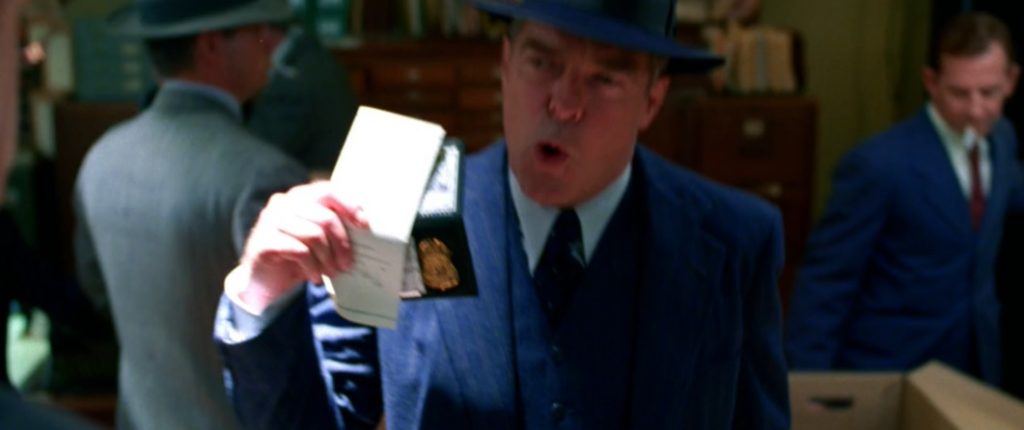
When it came to bribery, Juan Trippe was no angel too. In fact, Juan donated $20,000 to Senator Brewster’s political campaign. That being said, it was said by Howard Hughes, Senator Brewster worked for Juan Trippe. Hughes said, too, CAB was written not by Juan Trippe, but the bill was written by Pan Am executives and a team of lawyers; that being said, Juan Trippe had Brewster promote the CAB around the world with free airline tickets. The movie shows Juan Trippe was not above bribery when it came to politicians to further his business interests.
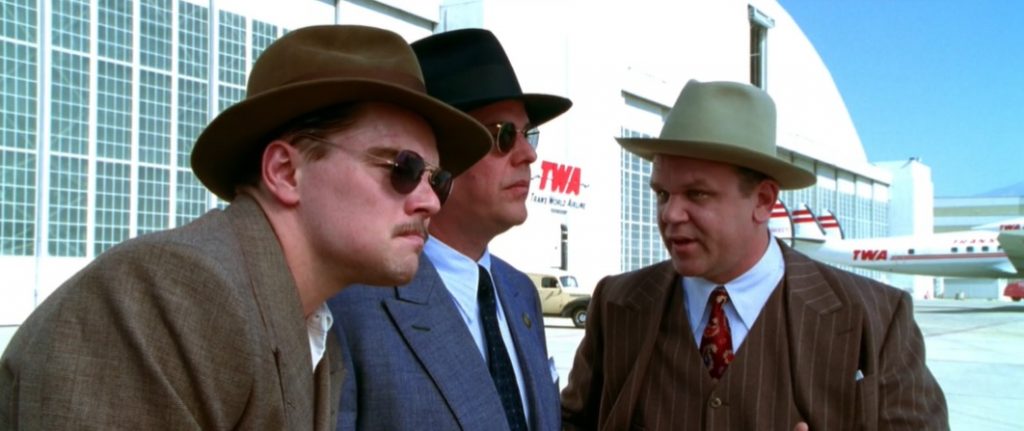
The Aviator touches on some of Howard Hughes’ interesting business practices. For instance, Howard would break corporate laws by hiding business bills. Plus, when Howard’s parent corporation, Hughes Tool Company, was domiciled in Houston, Texas, he would have his top lawyers incorporate new subsidiaries’ (Hughes Aircraft, a defense company), in hopes of getting a business advantage in California. On top of that, Hughes would incorporate businesses in various other states to get tax breaks. Moreover, Howard’s team of lawyers would often fix his books. That being said, Howard Hughes was considered a successful business man.
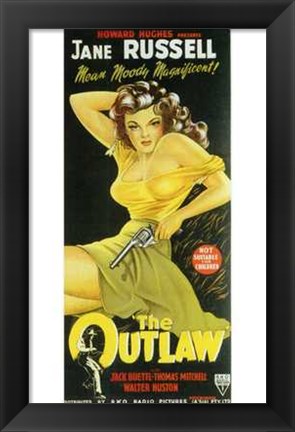
Toward the end of the film, Howard Hughes’ mental illness is explained. Howard suffered from paranoia, which, for instance, was shown when he electronically bugged all his starlets’ homes. As well, Howard had OCD, which caused him to be a cleanliness freak and be terrified of germs. At the end of the movie, too, it is suggested that Howard Hughes suffered from schizophrenia.
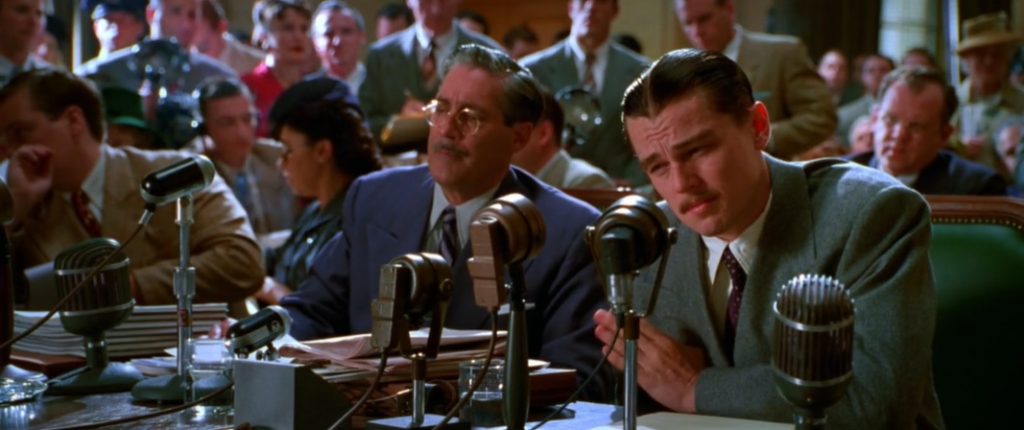
As well, The Aviator looks at how Howard Hughes created TWA, an international airline. Apparently, Howard did this when he was breaking a world record by flying around the world. The movie says “over the radio airwaves” Howard Hughes bought the controlling interest of TWA at 8 dollars a share.
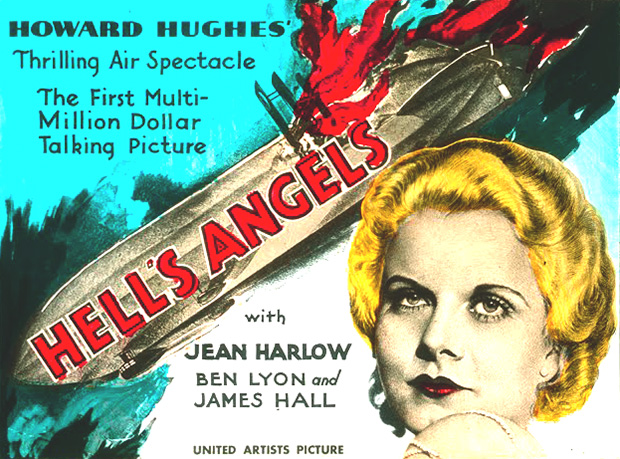
Lastly, this film shows Howard Hughes’ private army. In one scene, Howard said to his top lawyer, Noah Dietrich, “You are looking at the largest private air force in the world.”
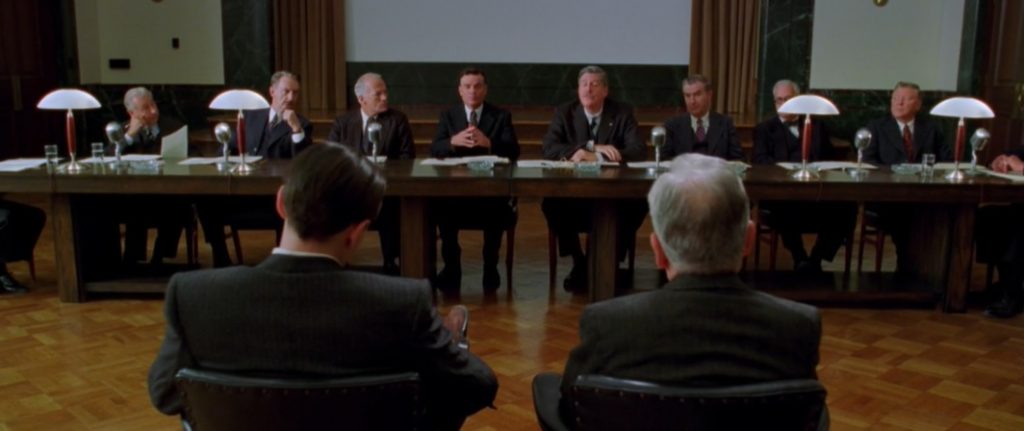
Often, too, Howard Hughes would use the US military. The movie talks about how Howard had the army patrol his movie premieres, where three companies of marines would control 500000 people on the street of movie debuts.
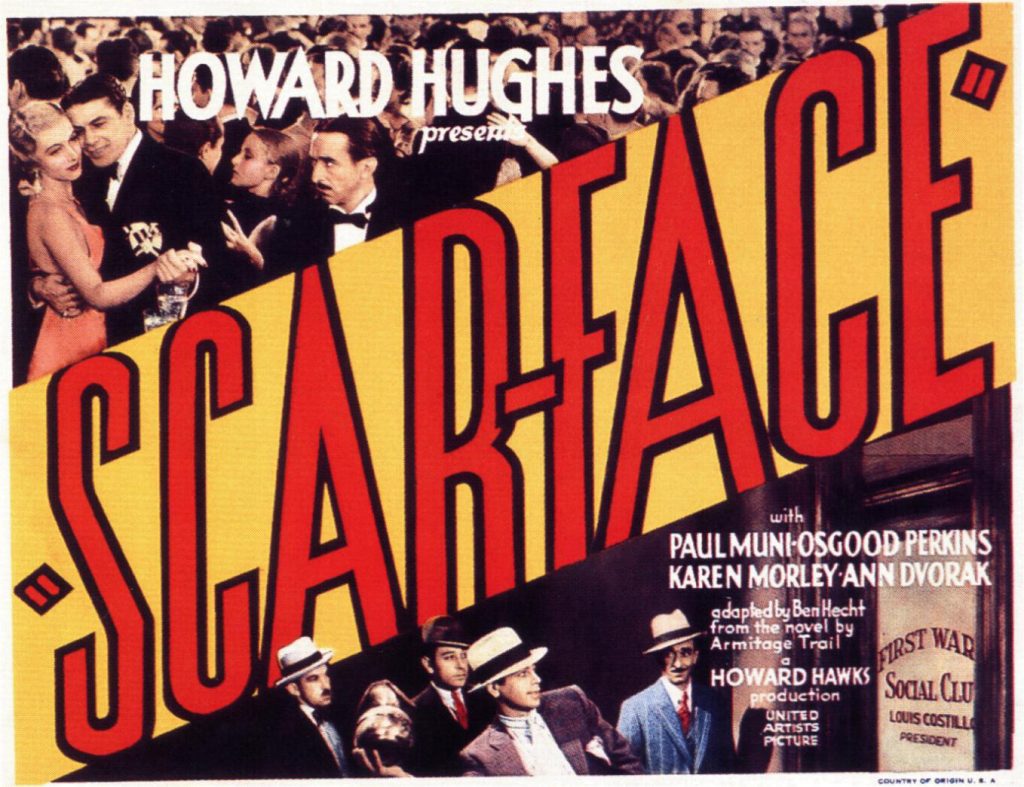
Finally, the movie discussed how Howard Hughes would wine and dine army dignitaries. Since these were the people who would fund his projects like the Hercules aircraft, he would pay all their bills and provide prostitutes. At the time, it was customary for all airlines to engage in a system like this of bribing the military.
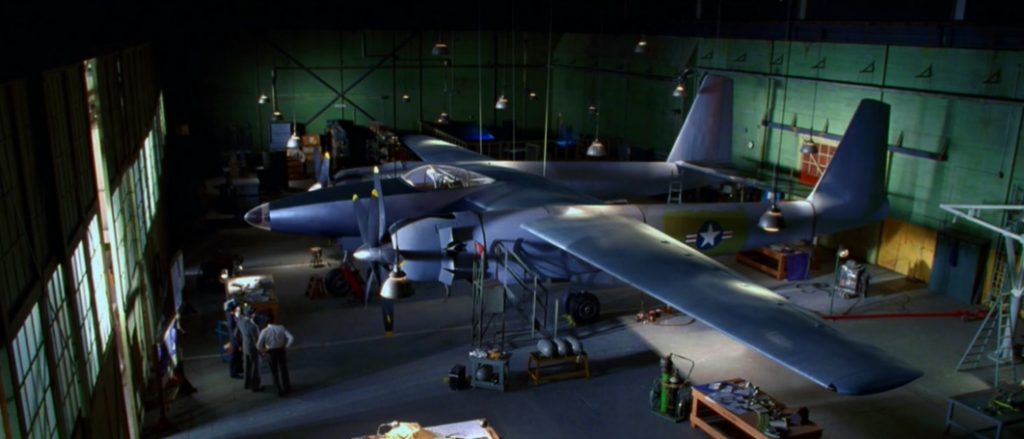
Overall, The Aviator is a great movie. It really shows you how complex Howard Hughes really was. Not only was he an inventor and aviator, but he was also a genius business man. Not above bribery, though, Howard Hughes often too got what he wanted. In fact, he had his own private army to help him. I recommend this movie as a good watch for entertainment.